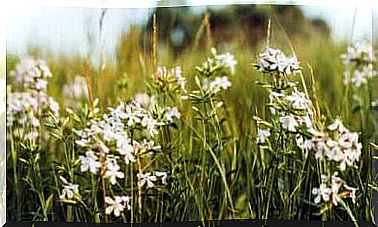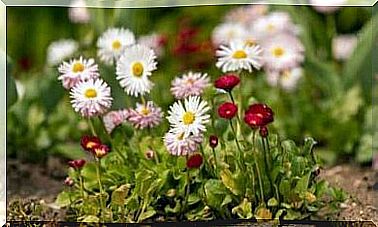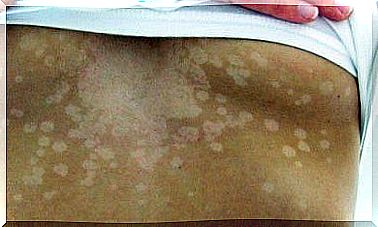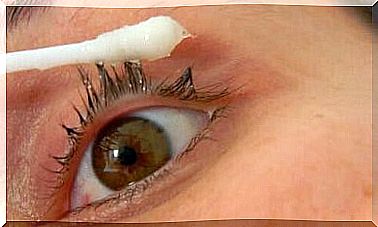Causes Of Seasonal Allergies
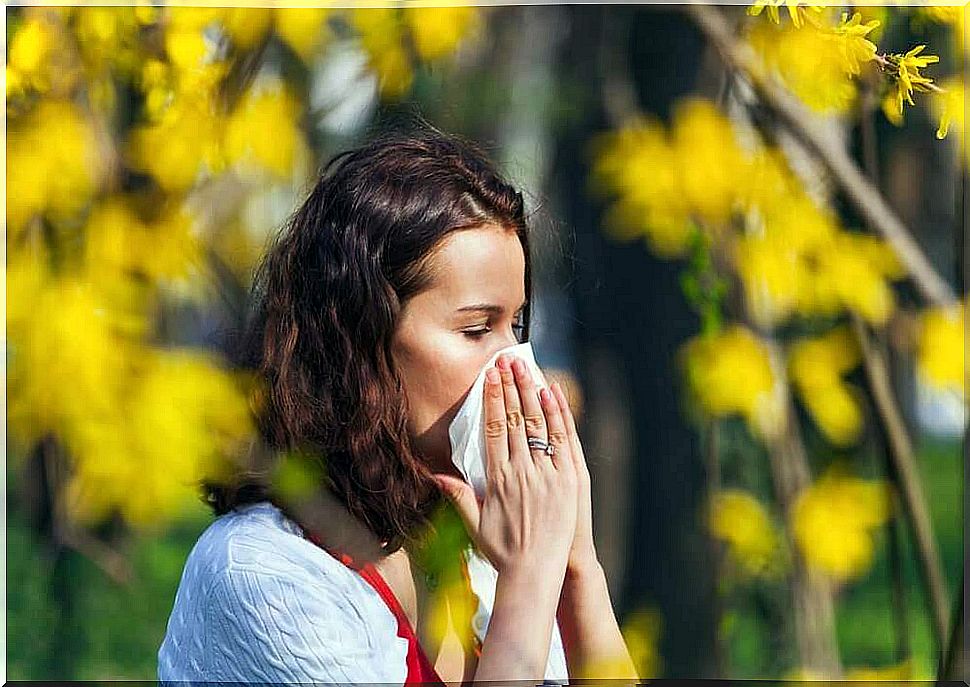
Certain parts of the year can be a huge scourge for allergy sufferers and today we look at possible causes of seasonal allergies as well as possible treatments.
People with these allergies:
- have watery eyes
- e.g. have to sneeze all the time
- have a stuffy nose
- have their pockets full of handkerchiefs
To learn more about the causes of seasonal allergies and find out if they affect you too, read more below. We will also discuss the most common symptoms.
Causes of Seasonal Allergies
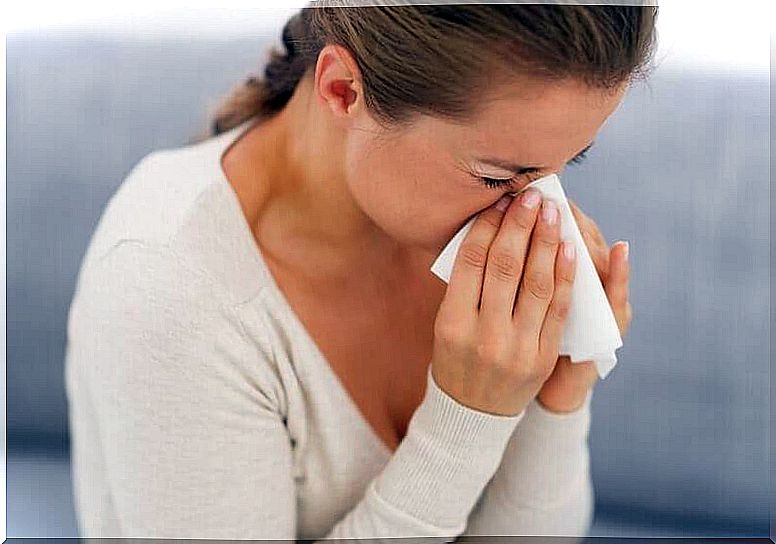
If you always have the same symptoms around the same time of year, it may well be that you have a seasonal allergy. The symptoms can vary from a stuffy nose, sneezing and a runny nose. This is also known as hay fever and allergic rhinitis.
Certain trees, shrubs and other plants spread pollen and spores through the air and some people have a physical reaction to that. The severity of the reactions can vary widely. Your immune system sees the particles as invaders. To protect you against this, your body makes substances that cause the allergy symptoms.
Symptoms
In addition to determining the causes of seasonal allergies, it is also good to recognize the symptoms. Some last for several days. For example, think of:
- Excessive production of nasal mucus
- Stuffy nose
- Red eyes
- To sneeze
- watery eyes
- Itch
In certain parts of the year, the level of pollen in the air can become very high. Even if you know the causes of seasonal allergies, there’s no reason to stay home. Your allergist can develop a treatment plan that is tailored to you and your allergies. Various options are available for the treatment.
Nose spray
Steroid nasal spray fights inflammation in the nose. You use it once or twice a day. This ensures that you have less trouble with your mucous membranes.
Antihistamine
Antihistamines help reduce itching. You can administer this in tablet form, as a nasal spray or as eye drops.
- Remember that this medication can make you drowsy, so check the package and do not use it if you are driving or operating dangerous machinery.
Medication
Nasal congestion medications can help relieve your symptoms in the short term. It is not good to use them for a long time as they can be counterproductive.
- Use should be limited to two to three weeks.
- They are also not suitable for people with high blood pressure.
Desensitization

Desensitization injections may be prescribed by your doctor if the symptoms are very severe or debilitating.
Tablets
Allergy tablets dissolve under your tongue, they have a similar effect to the injections. They should be taken during the time when the seasonal allergy is active.
Tips
These tips can help if you suffer from seasonal allergies:
- The weather forecast predicts pollen levels every day, so keep an eye on it and plan your outdoor activities accordingly.
- It can also be very helpful to find out which pollen you are allergic to. Each plant has specific periods that the pollen is released. That way you might be better off avoiding it.
- Take a shower before going to bed to rinse the allergens from your skin.
- Close your windows if doing so will prevent them from entering your home.
- Wear a mask if you know you will be in an area where you will be exposed to allergens.
Natural Remedies

Natural remedies can be very effective in treating seasonal allergies. Some natural remedies you can try:
- Remove toxins from your body with a detox diet.
- Avoid foods high in histamines, such as cheese, wine, meat, fish, and seafood.
- Take probiotic supplements to keep your gut bacteria healthy.
- Take care of your liver, as allergies can be linked to an overloaded liver.
- Drink plenty of water between meals to cleanse your body.
- Nettle is a very powerful allergy remedy.
- Look for homeopathic remedies: every allergy has its own remedy.

